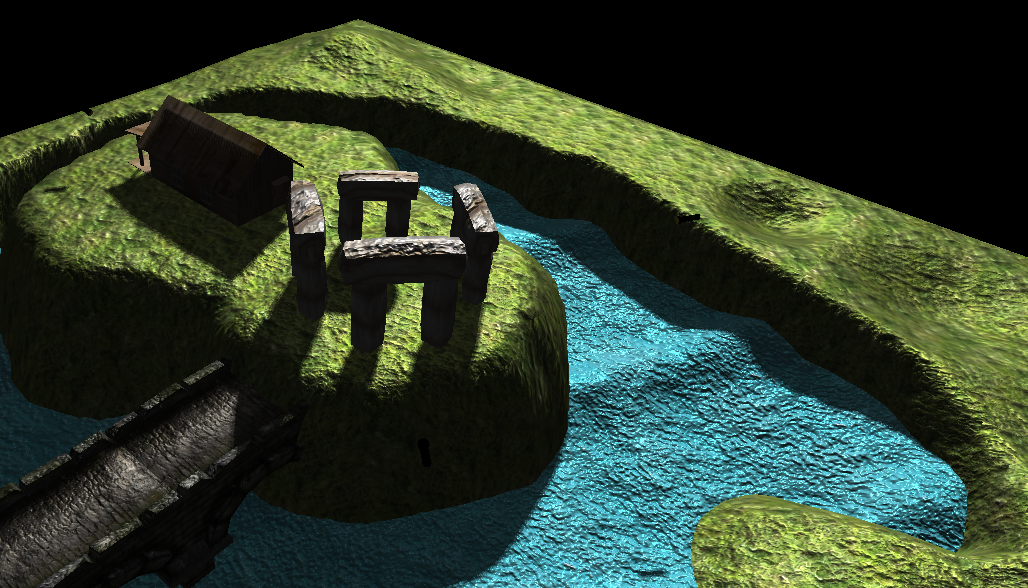Lecture Course: Interactive Computer Graphics, Winter Term 2019/20

Objectives
The students will get to know basic concepts and algorithms of computer graphics. They will be able to fruitfully adopt them to their own graphic applications. This includes polygonal models, texturing, and illumination techniques. Furthermore, all conceptual phases of the rendering pipeline as fundamental steps to image synthesis will be trained. Thus, the students will have the means to apply on CPU and GPU widely used graphics algorithms.
Content
The lecture introduces basic concepts of realtime computer graphics as it is used e.g. in computer games. We focus on the rendering pipeline as a conceptual foundation of modern systems to image synthesis. The considered algorithms will be introduced and discussed in theory first. A selection of algorithms will also applied in practice during the exercises. The application uses C/C++ combined with the graphics API OpenGL.
The following issues are dealt with in particular:
- Graphics programming in OpenGL
- Geometric transformations and projections
- Calculating illumination
- Clipping algorithms
- Rasterization and texturing
- Geometric modelling
Exercises
The exercise hours will take place throughout the semester as an integrated part of the lecture. During the exercises we also arrange a rendering contest where students can implement a project.
The lecture is organised as 3 lecture + 1 exercise units per week.
| Date | Tuesday, 14 - 16 cet |
| Friday, 10 - 12 cet | |
| Place | O28/1002 |
Each second Friday will be used for the exercises.
Informatik (FPSO 2014/17)
- B.Sc., Schwerpunkt Informatik
- M.Sc., Praktische und Angewandte Informatik
Medieninformatik (FPSO 2014/17)
- B.Sc., Schwerpunkt Medieninformatik
- M.Sc., Mediale Informatik
Software Engineering (FPSO 2014/17)
- B.Sc., Schwerpunkt Software Engineering
- M.Sc., Praktische und Angewandte Informatik
See description of module 'Interaktive Computergrafik' via HIS/Studium
